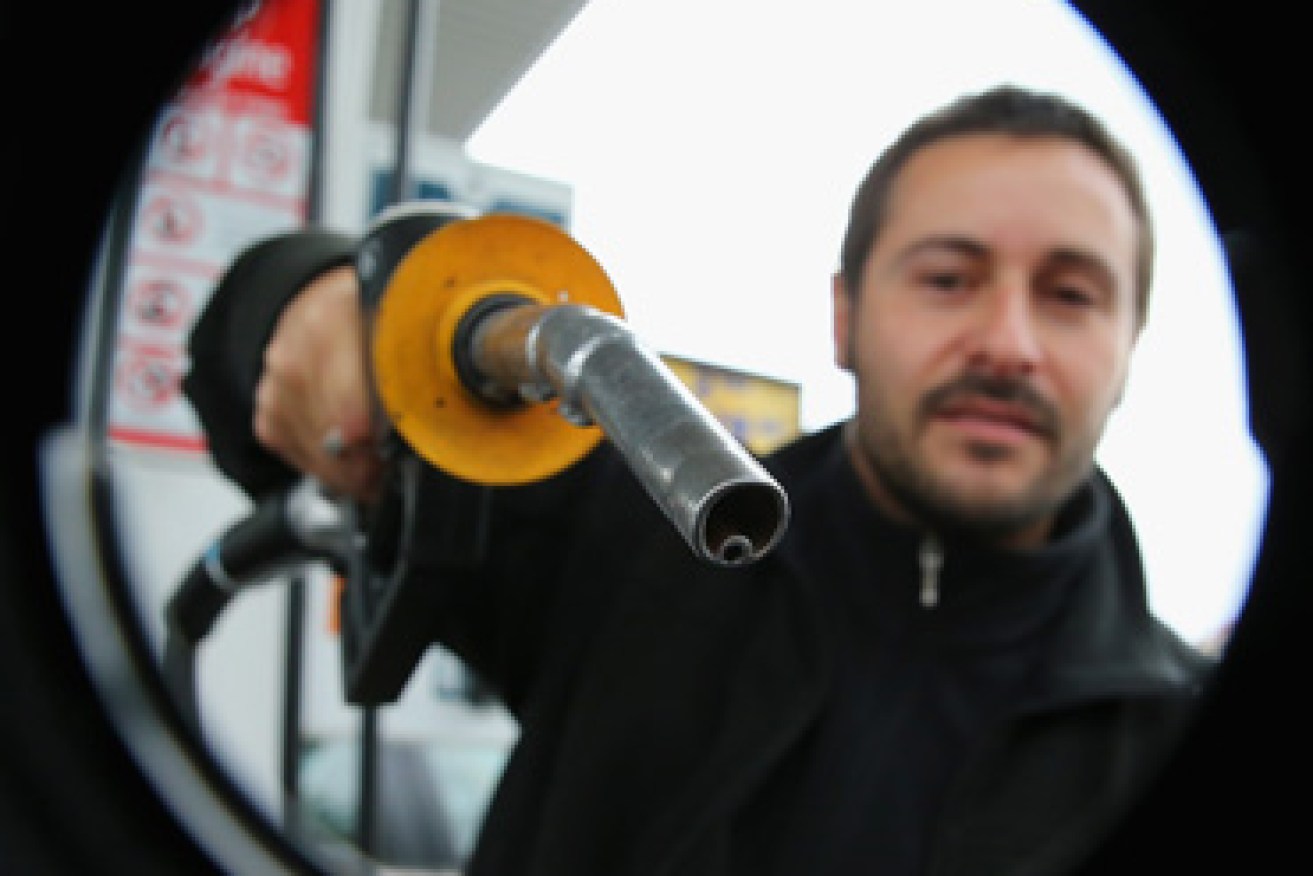Why low petrol prices might cost you money

Getty
The benefits of record low petrol prices may be far less than you hoped, depending on when and where you drive.
On Thursday, it was revealed that petrol prices dropped to an average 109.2 cents per litre in January, their lowest level in six years, although prices in country areas remained higher, according to a report by the Australian Competition and Consumer Commission (ACCC).
In the report, issued quarterly, the ACCC said that Sydney had the lowest average prices in January of 104.6 cents per litre, followed by Adelaide (105.8 cents), Melbourne (108.1), Brisbane (112.4) and Darwin (135.4).
• Fuel economy: how to get the most out of your tank
• Why diesel drivers are being slugged at the bowser
• Oil price slide could make life cheaper
But some of these lower prices may in fact be offset by increased congestion, as more drivers try to take advantage of a cheaper tank of fuel.
This year, low petrol prices will increase the total number of kilometres travelled by Australian drivers by six billion or 2.48 per cent, the Bureau of Infrastructure, Transport and Regional Economics has predicted.

Weekend traffic seems to definitely see a spike when prices drop. Photo: Getty
In a 2012 report, the Bureau said motorists were likely to drive 242 billion kilometres when petrol prices are high, but travel 248 billion kilometres if prices are low.
The Industrial Logistics Institute director and University of Melbourne Associate Professor Kim Hassall, a mathematician, says this estimate “feels about right” and agrees that low prices encourage “a bit of discretionary extra travel, for sure”.
Most of this will be at the weekends, but peak hour traffic is likely to pick up by between one and five per cent, thus eating away at your petrol savings while your vehicle remains idle in traffic, Assoc Prof Hassall said.
“There is probably a small percentage there that say, bugger it, one day a week it’s actually convenient for me to use my car and pay the parking fees because I am getting [back] a bit of fuel,” he said.
Road safety expert Richard Tay agreed that lower petrol prices resulted in more driving, mostly on Saturdays and Sundays, meaning your weekend getaway tank of fuel could be eroded as well.
“Consumers will only change their behaviours if the new choices have positive net benefits,” the RMIT Professor said.
Those living in country areas miss out on far more of the benefits. In January, prices in country regions remained higher than in the cities, the ACCC report found.
National Roads and Motorists’ Association (NRMA) spokesman Peter Khoury said continued action from the consumer watchdog was needed to reduce the disparity between city and country fuel prices.
“Putting more scrutiny on the regional prices will be really beneficial because it means the ACCC will be in a better position to be able to respond and react when there is that gap,” Mr Khoury said.
Meanwhile, fuel prices are expected to start rising again across the country, so the peak hour benefits (offset by extra traffic) may be short lived.
“We need to start bracing ourselves for the fact that some of the lower prices, particularly in the capital cities, are going to go up,” Mr Khoury says.
The good news, he says, is that prices probably won’t hit the 150 cent highs experienced in capital cities early in 2014.
“They certainly shouldn’t go up to the levels we saw last year.”
– with AAP








